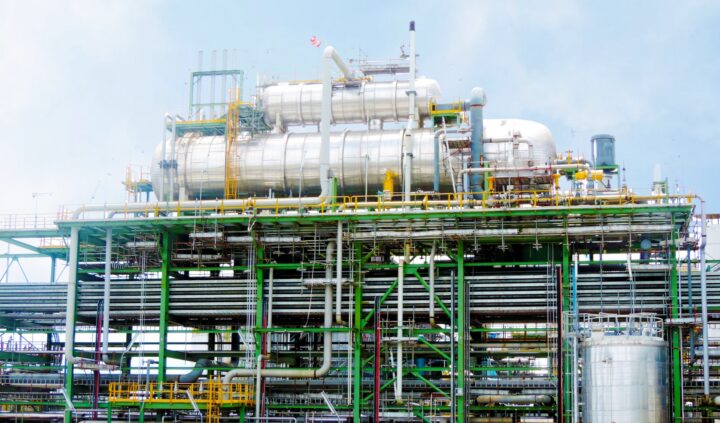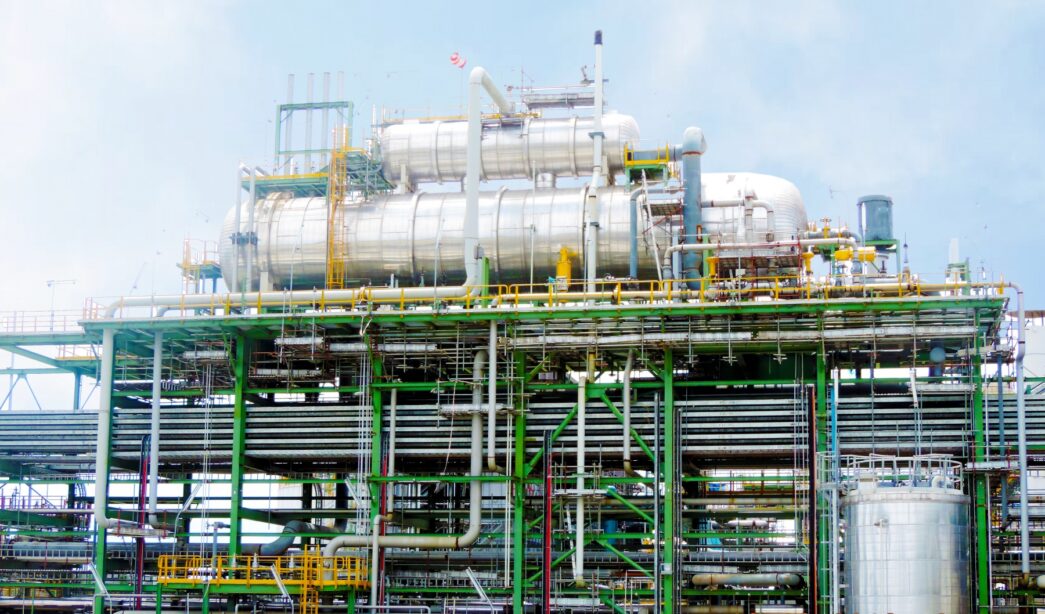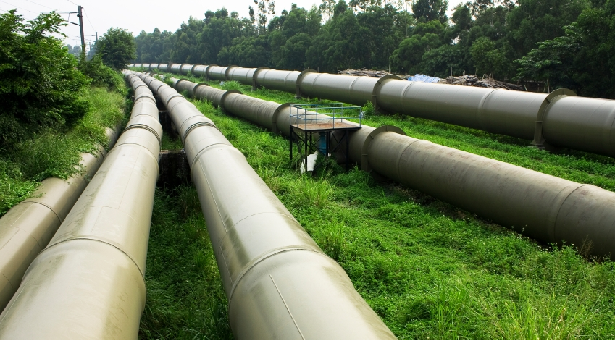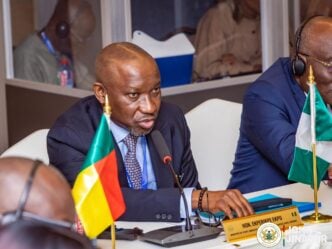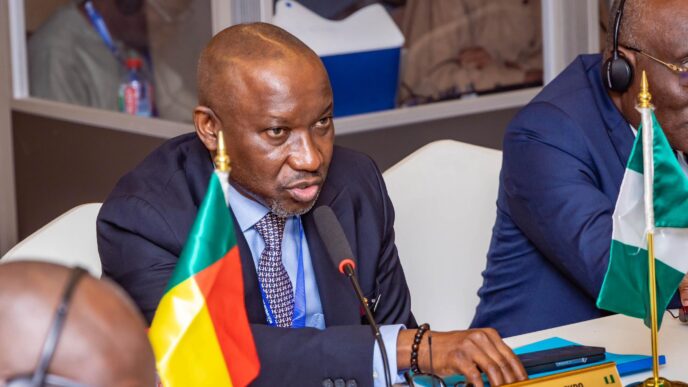The Major Energy Marketers Association of Nigeria (MEMAN) says the removal of petrol subsidy ushered in a new era of deregulation in the downstream sector, creating opportunities for innovation and digital transformation.
President Bola Tinubu announced the end of the petrol subsidy on May 29, 2023, during his inauguration.
In October 2024, the federal government said oil marketers can now buy petroleum products directly from the Dangote Petroleum Refinery and other local producers in a bid to fully deregulate the downstream sector.
Chairman of MEMAN, Huub Stokman, spoke on Wednesday at the Oil Trading and Logistics (OTL) Africa Downstream Week 2025 in Lagos.
Advertisement
Stokman said the shift is driving the adoption of advanced operational models such as energy-as-a-service, virtual power plants, and peer-to-peer energy trading to boost efficiency and access across the country.
He said the subsidy removal has redefined Nigeria’s downstream market by empowering private players to innovate, compete, and invest across the energy value chain.
The chairman added that the industry is now embracing sustainable and digital technologies like solar and advanced monitoring systems to improve operations.
Advertisement
However, he said regulatory clarity and stability remain vital for investor confidence and long-term growth.
“Significant investment is still required in refining, storage, distribution, and low-carbon infrastructure to meet Nigeria’s energy transition goals,” he said.
On Africa’s energy challenge, Stokman described the continent as facing a “dual reality” — the need to fight energy poverty while adapting to global shifts toward cleaner energy.
“Natural gas, whether LNG, LPG, or CNG, remains crucial for Africa’s transition, offering a cleaner option while driving industrialisation and energy access,” he said.
Advertisement
He said 600 million Africans still lack access to energy, presenting a vast opportunity for decentralised renewable solutions powered by digitalisation and renewable technologies.
Stokman also called for regional integration through cross-border gas pipelines and harmonised regulatory frameworks within the Economic Community of West African States (ECOWAS) and Southern African Development Community (SADC).
The association’s chairman advised African nations and firms to diversify investments into battery energy storage systems (BESS), liquefied petroleum gas (LPG), and compressed natural gas (CNG) facilities, while downstream companies should embrace strategic cross-border partnerships and prioritise green hydrogen and decentralised solar storage solutions.
Advertisement
